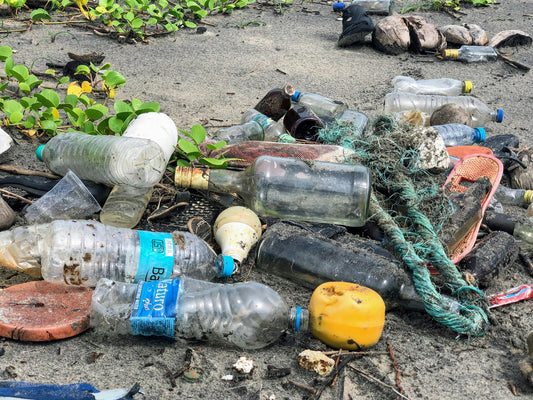Share
A new study reveals that up to 215 million hectares of land in humid tropical regions worldwide has the potential for natural regrowth of tropical forests. This area is larger than Mexico and holds significant ecological and biodiversity value.
Study Findings:
A recent study published in Nature reveals that approximately 215 million hectares of land in humid tropical regions worldwide have significant potential for natural forest regrowth, an area larger than Mexico. This regrowth could sequester 23.4 gigatons of carbon over the next 30 years, addressing critical environmental issues such as biodiversity loss and water quality degradation. The research highlights that over half of these regrowth opportunities are concentrated in five countries: Brazil, Mexico, Indonesia, China, and Colombia.
Cost-Effective Trees:
The regrowth of these forests is crucial for maintaining ecological balance and preserving biodiversity. The study emphasizes the cost-effectiveness of leveraging natural regeneration techniques instead of traditional tree planting, which can be expensive. Co-lead author Brooke Williams notes that this approach allows nations to achieve restoration goals more economically. The research utilized satellite imagery to identify areas of natural tree cover increase from 2000 to 2012, excluding human-planted forests, and assessed factors influencing regrowth potential including proximity to existing forests and soil carbon content.
Mapping Forests:
A key output of the study is a global digital map indicating areas with high regrowth potential, aimed at empowering local communities and organizations to advocate for restoration efforts tailored to specific conditions. While some identified areas may not be viable for restoration due to current land use, many are abandoned pastures or previously logged forests where natural regeneration could provide substantial ecological benefits. The authors stress the importance of local involvement in restoration decisions, suggesting that the map can guide efforts where they would be most beneficial and efficient for both the environment and local economies.
Conclusion:
The study underscores the importance of preserving and restoring tropical forests, which play a vital role in global ecosystems.
We hope you enjoyed this article. Please feel free to leave a comment below if you want to engage in the discussion.
If you want to read more like this, make sure to check out our Blog and follow us on Instagram. If you are interested in truly sustainable products, check out our Shop.
Check out the original source here.








